Science Shop
Advertisement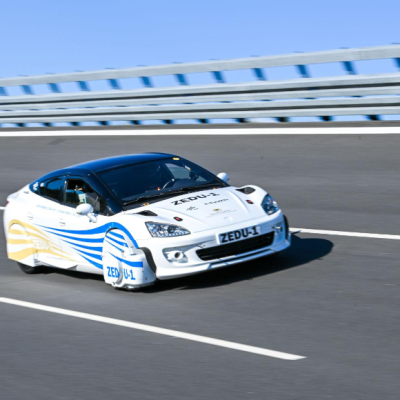
World’s Most Eco-Friendly Car Unveiled
- By Geert Devenster
- . September 30, 2022
The German Aerospace Center (DLR) and HWA have developed a new vehicle that is being hailed as the world’s most environmentally friendly car. While electric
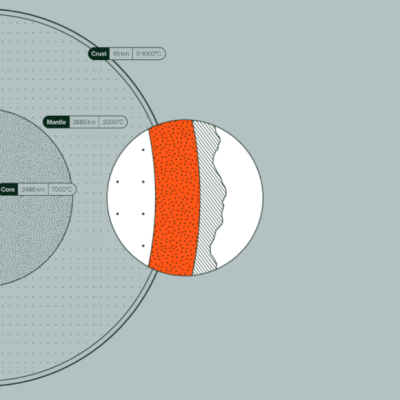
Digging Earth’s Deepest Hole for Energy
- By Geert Devenster
- . August 2, 2022
Quaise, a start-up company affiliated with the Massachusetts Institute of Technology (MIT), is planning to drill up to 20,000 meters into the earth to harness
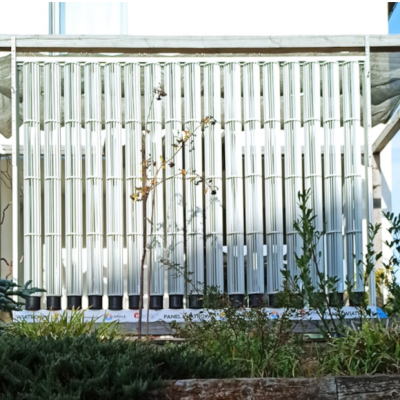
Compact Wind Turbines for Home
- By Geert Devenster
- . July 31, 2022
Polish start-up Panel Wiatrowy has developed a compact wind panel that can be used in urban areas to power homes. The use of wind power
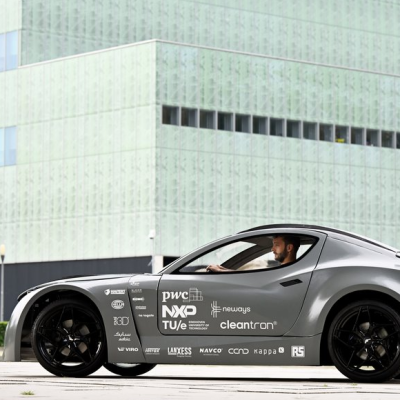
Electric car that runs on CO?
- By Geert Devenster
- . July 30, 2022
The two-seater sports coupe Zem is removing CO? from the atmosphere while driving, making it carbon-neutral over its entire lifespan. Developed by scientists at the
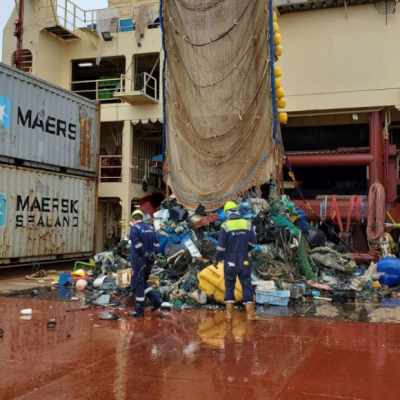
100 Tons of Plastic Collected
- By Geert Devenster
- . July 26, 2022
A new global map of aridity has been created, providing high-resolution data on the dryness of individual regions. This information is particularly important for agriculture.

Sustainable Wood Fiber Beer Bottle
- By Geert Devenster
- . July 24, 2022
Danish brewery Carlsberg has developed a sustainable beer bottle made from wood fibers and plant-based plastic PEF. The eco-friendly packaging keeps beer cooler for longer

Wooden Battery for Electric Cars
- By Geert Devenster
- . July 24, 2022
Northvolt, a Swedish company founded by former Tesla managers in 2015, is developing a battery for electric cars based on lignin, a biopolymer found in
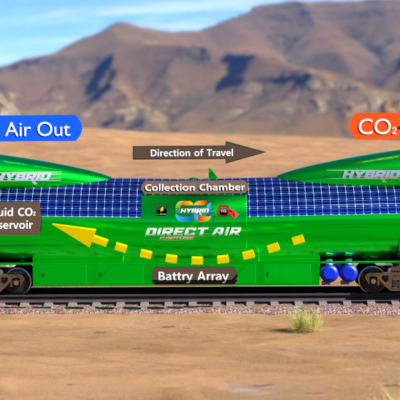
Railway cars remove CO2 from atmosphere.
- By Geert Devenster
- . July 21, 2022
A new railway wagon with an integrated Direct Air Capture (DAC) system can remove CO? from the atmosphere cheaply and efficiently. Direct Air Capture (DAC)

Endless Train Rides with One Charge
- By Geert Devenster
- . July 18, 2022
The Infinity Train, developed by Fortescue Metals Group in collaboration with Williams Advanced Engineering, is a revolutionary transportation system that can run practically indefinitely on
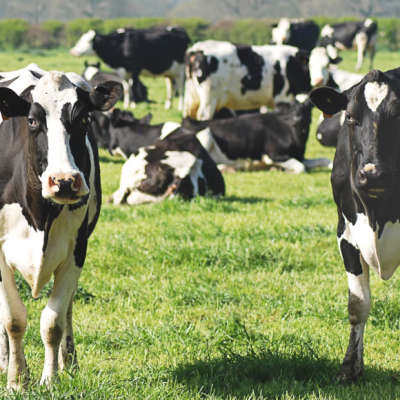
Double the Price of Meat in Germany
- By Geert Devenster
- . July 17, 2022
The conventional agriculture industry in Germany is causing high externalized costs that are not reflected in the prices of food products. According to Hubert Heigl,









